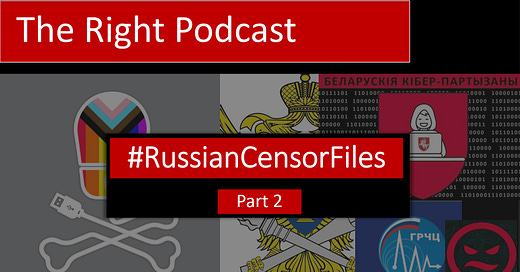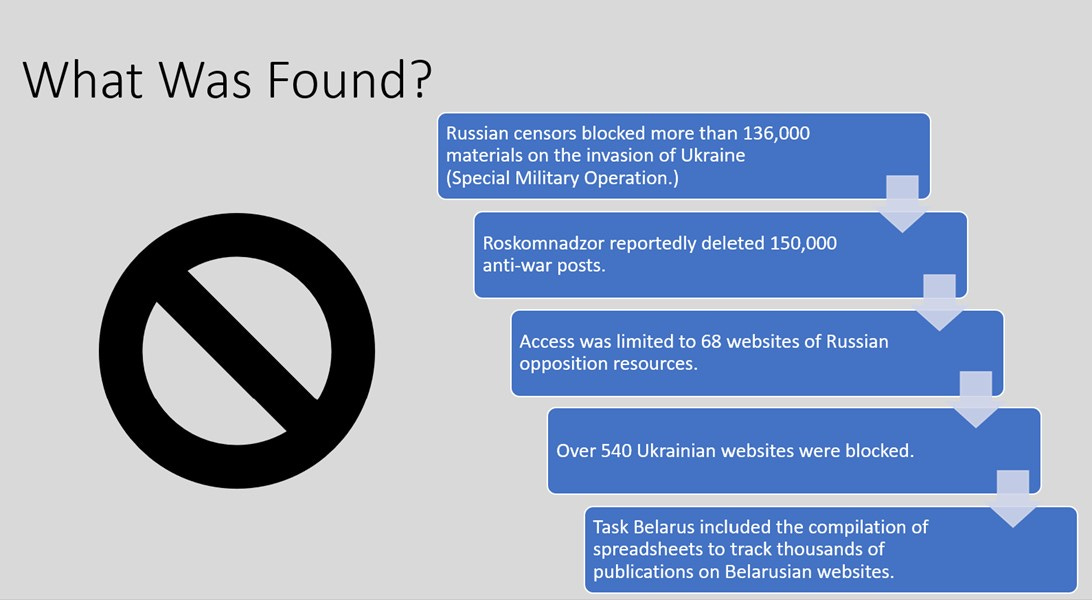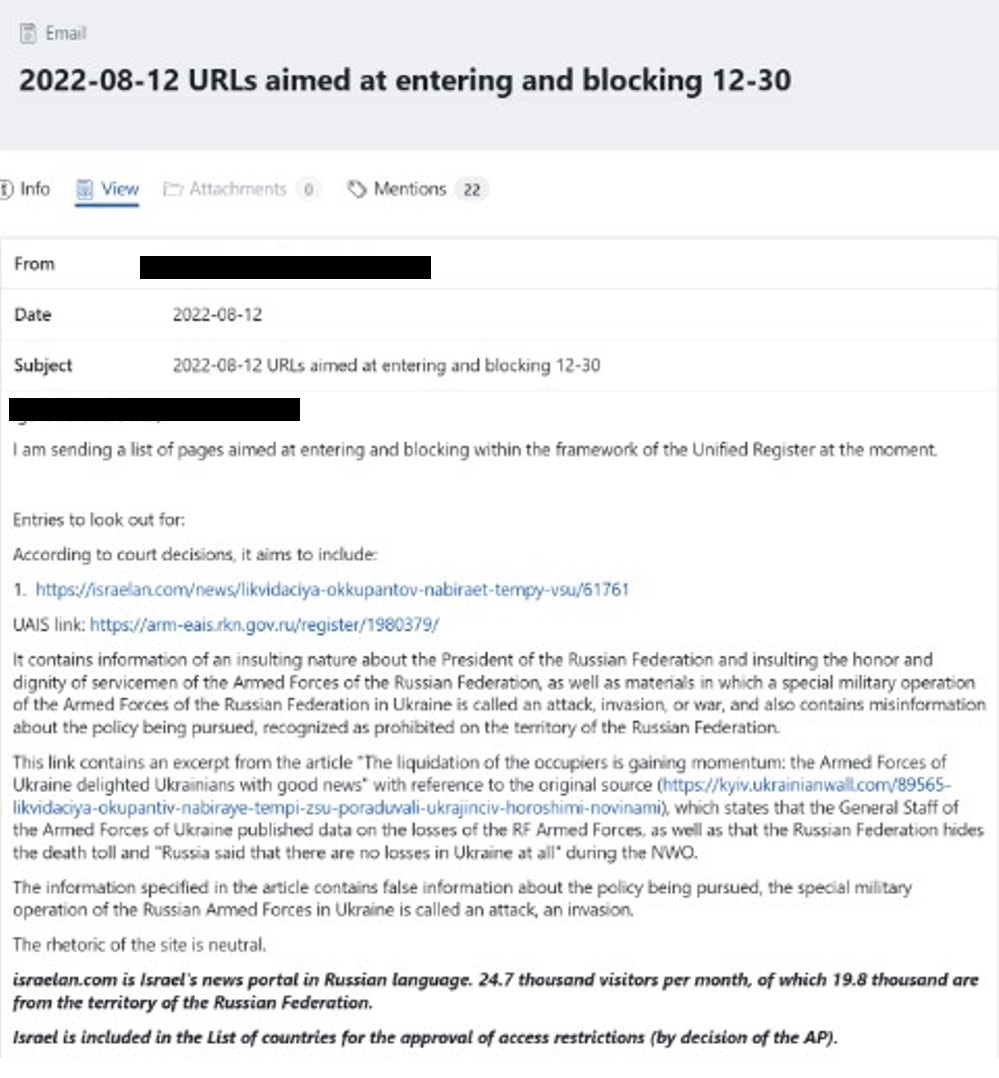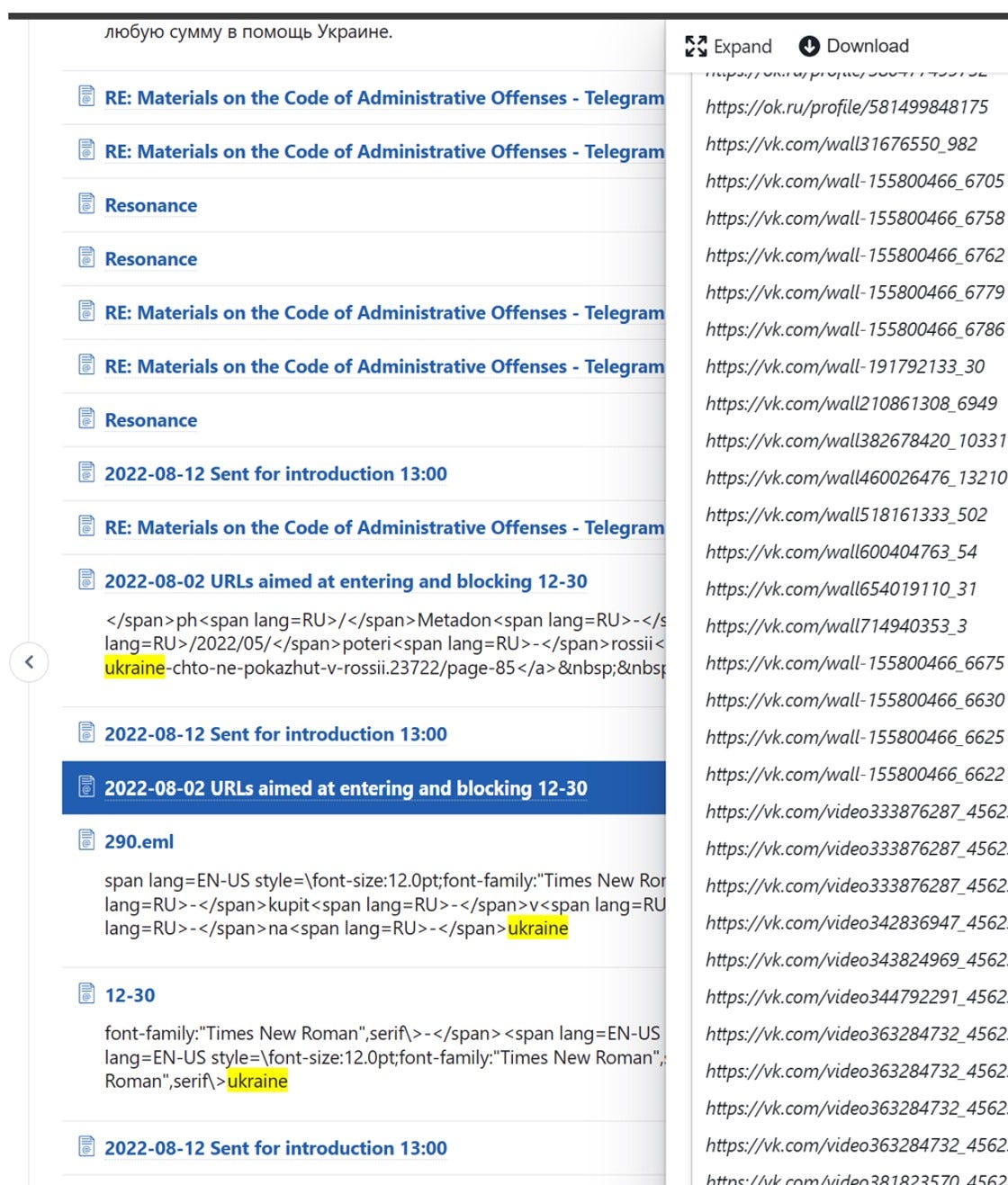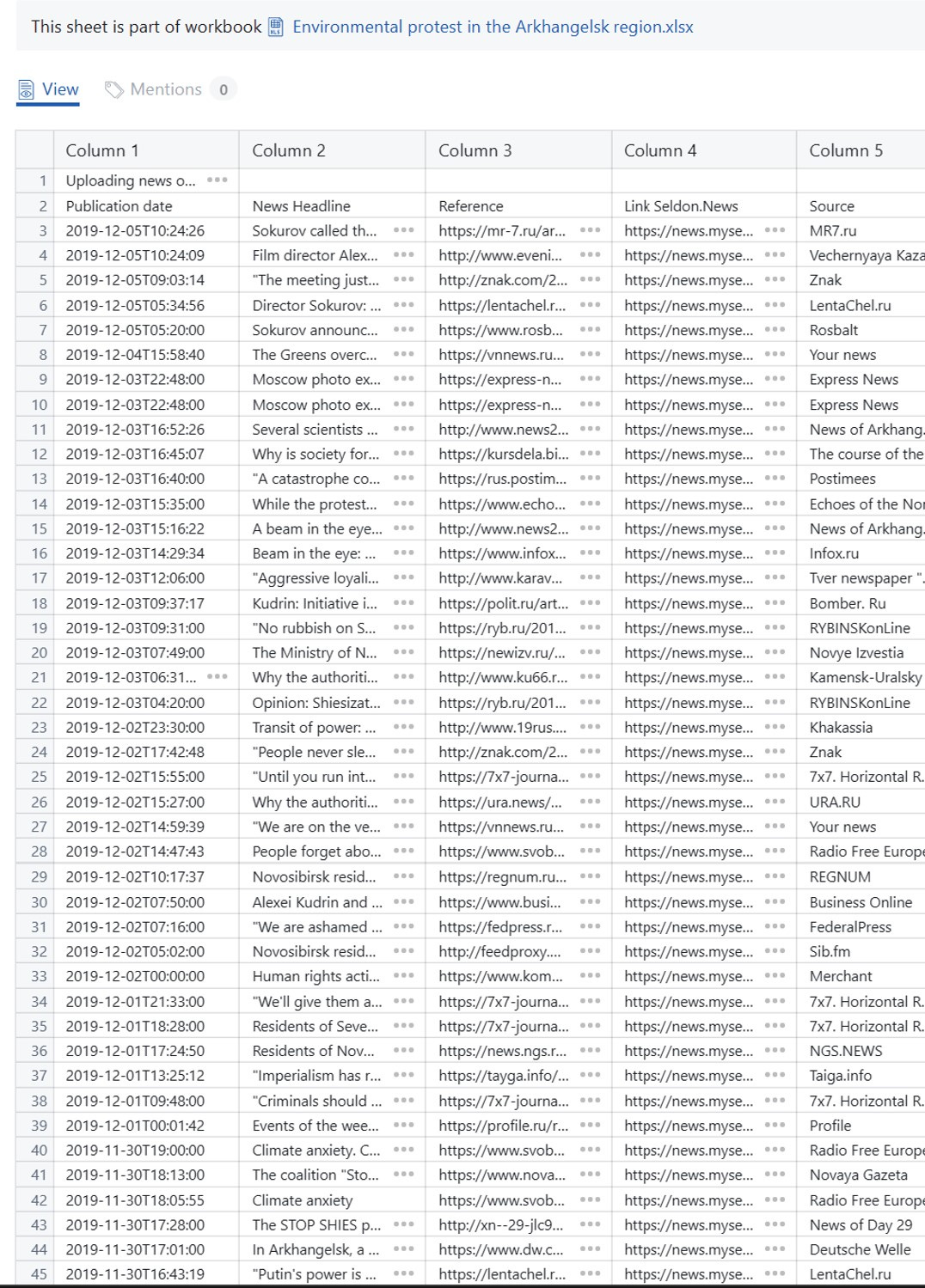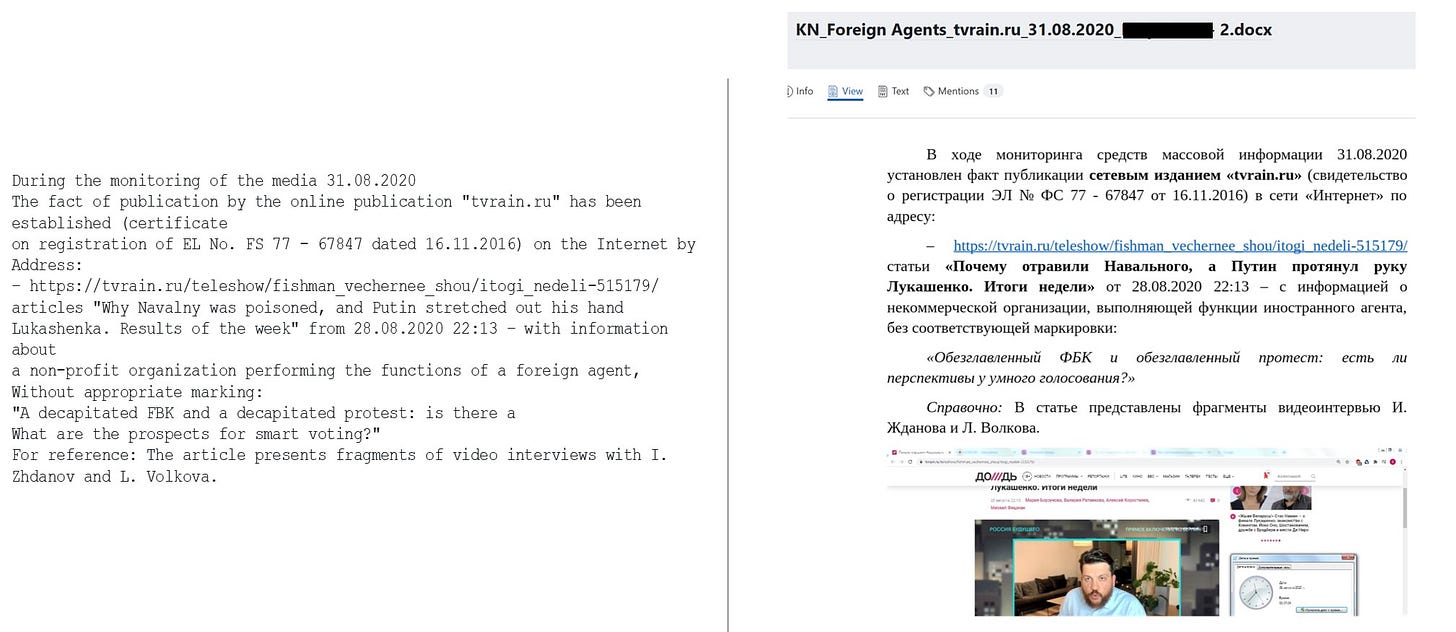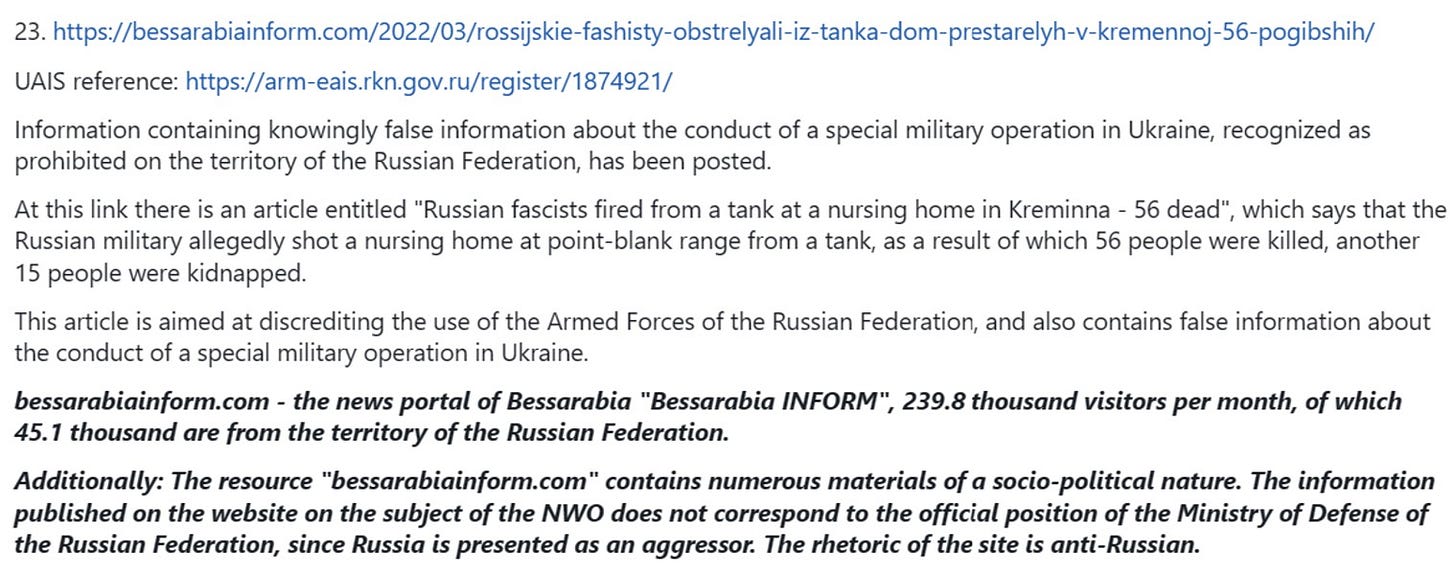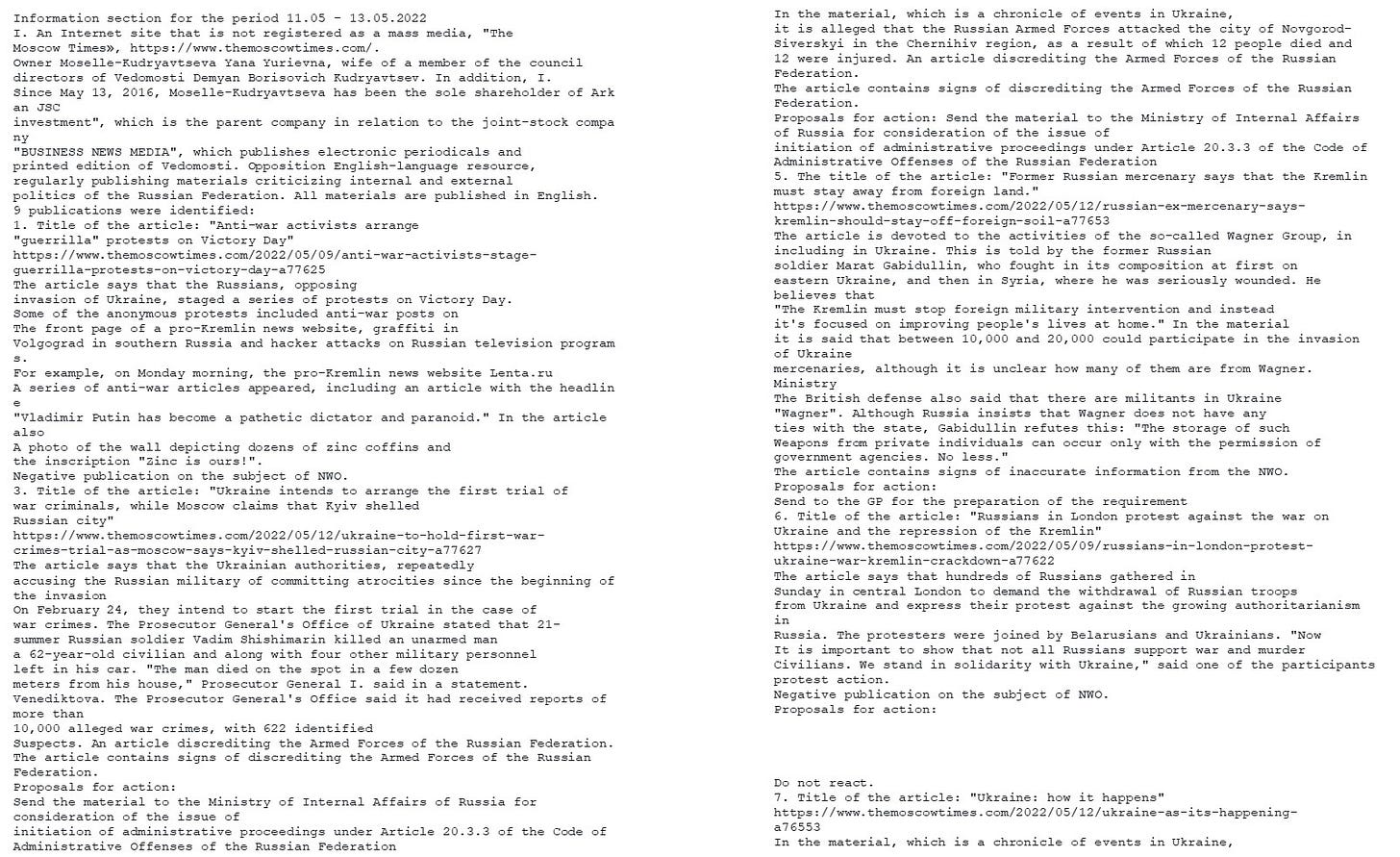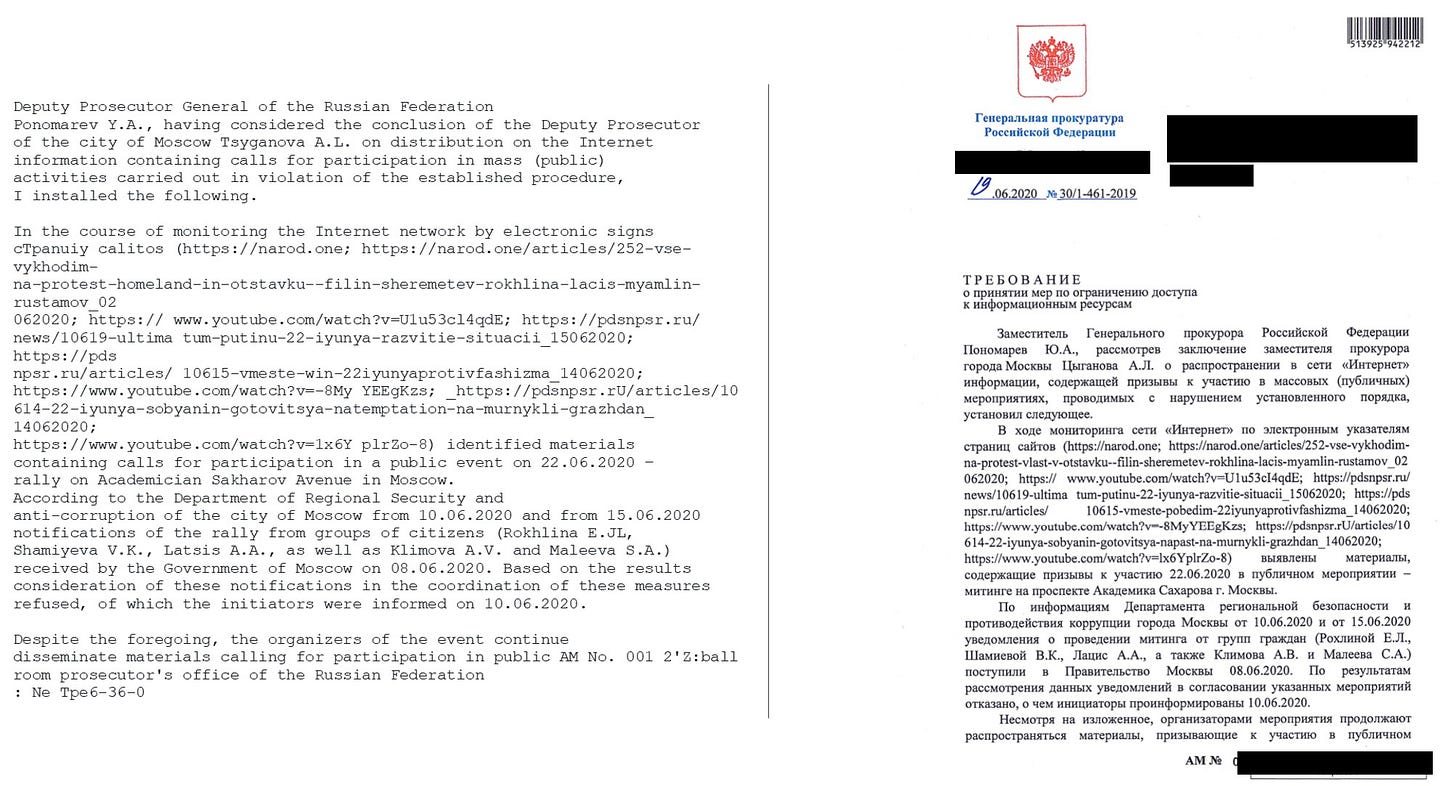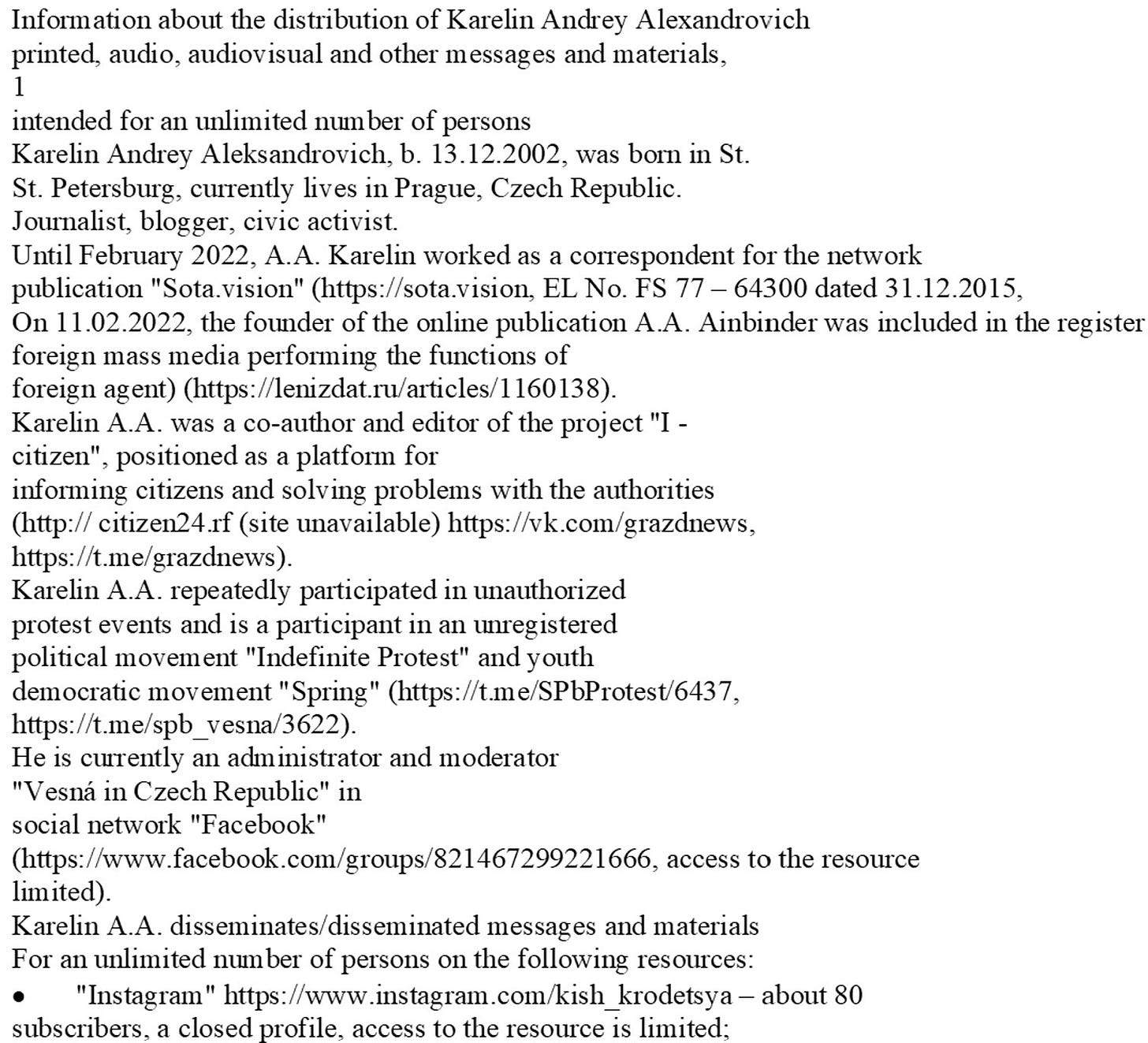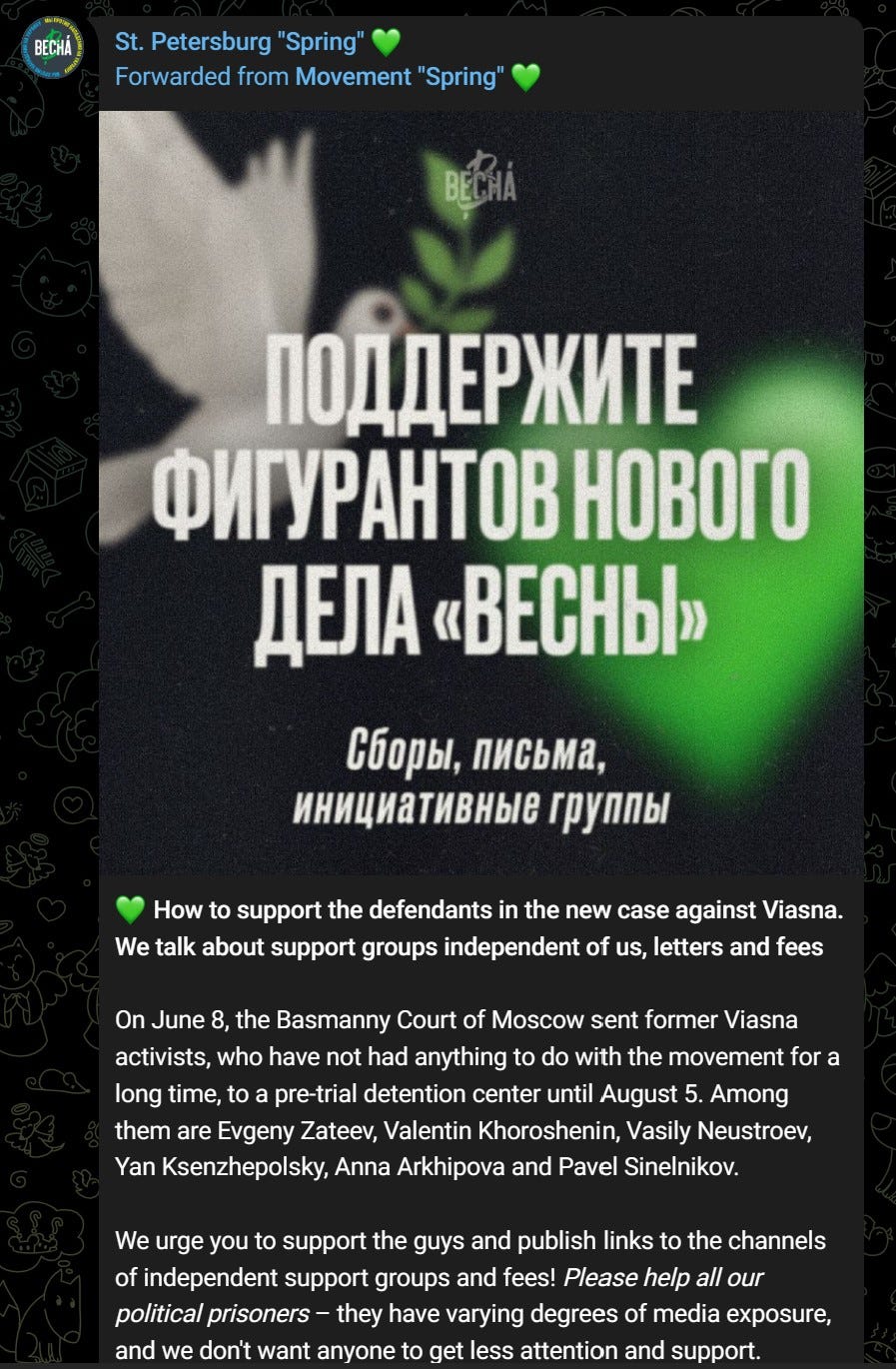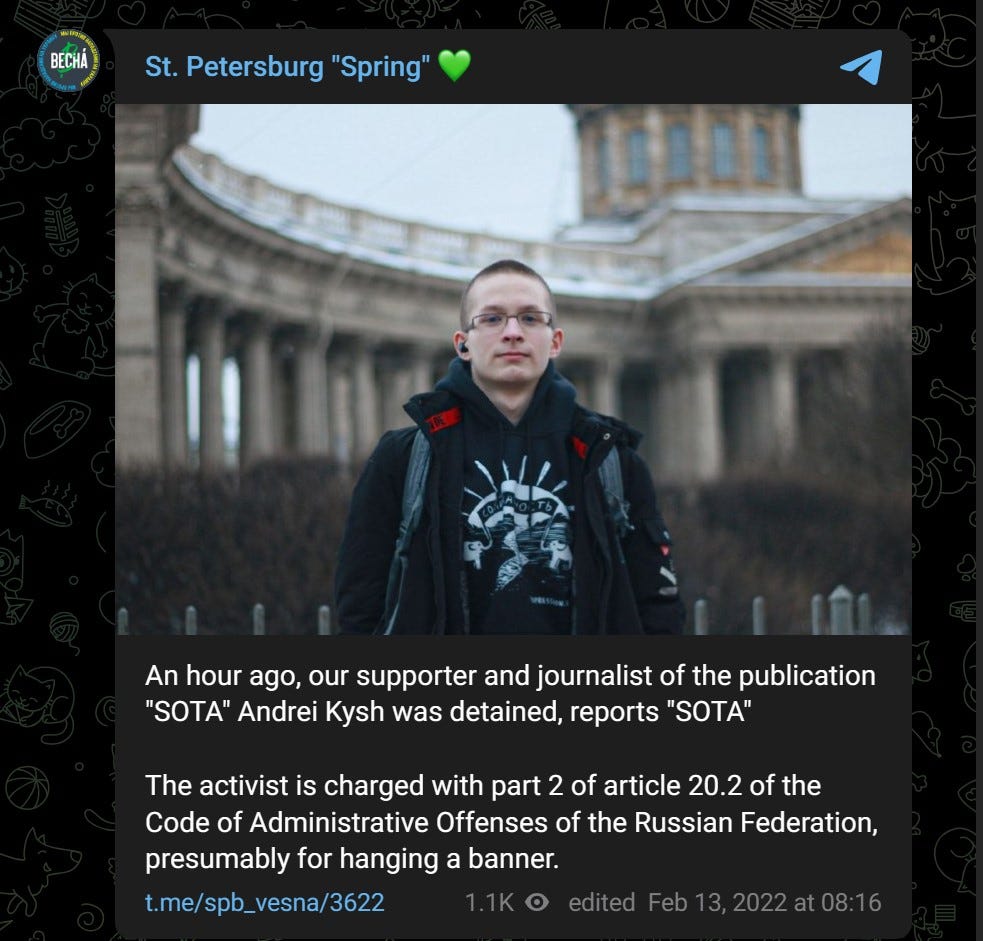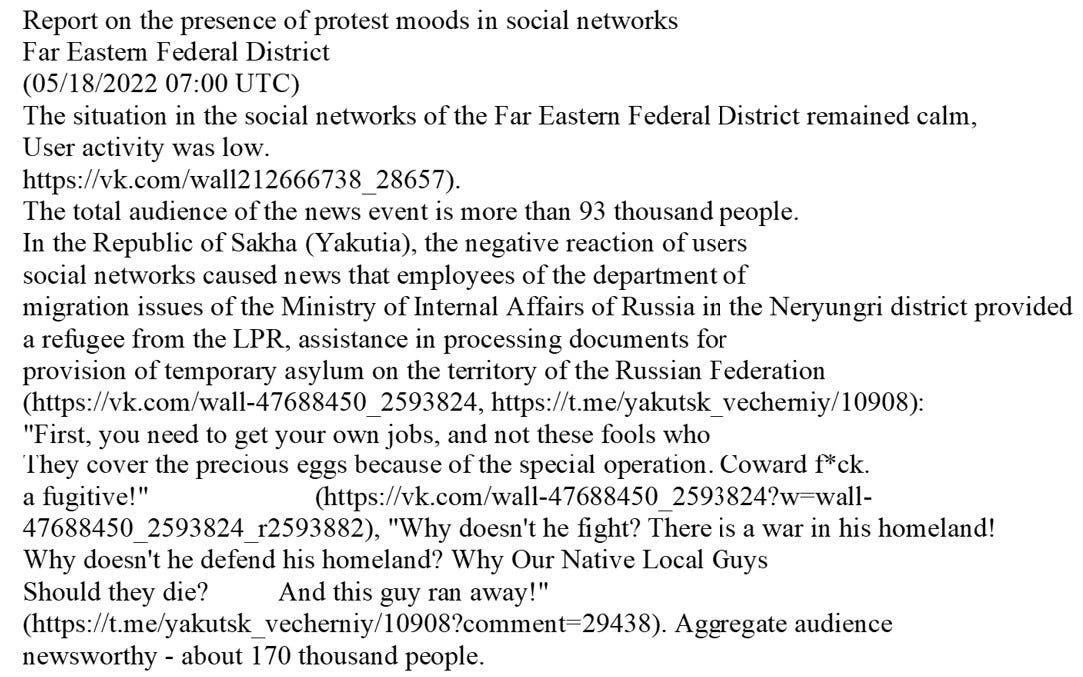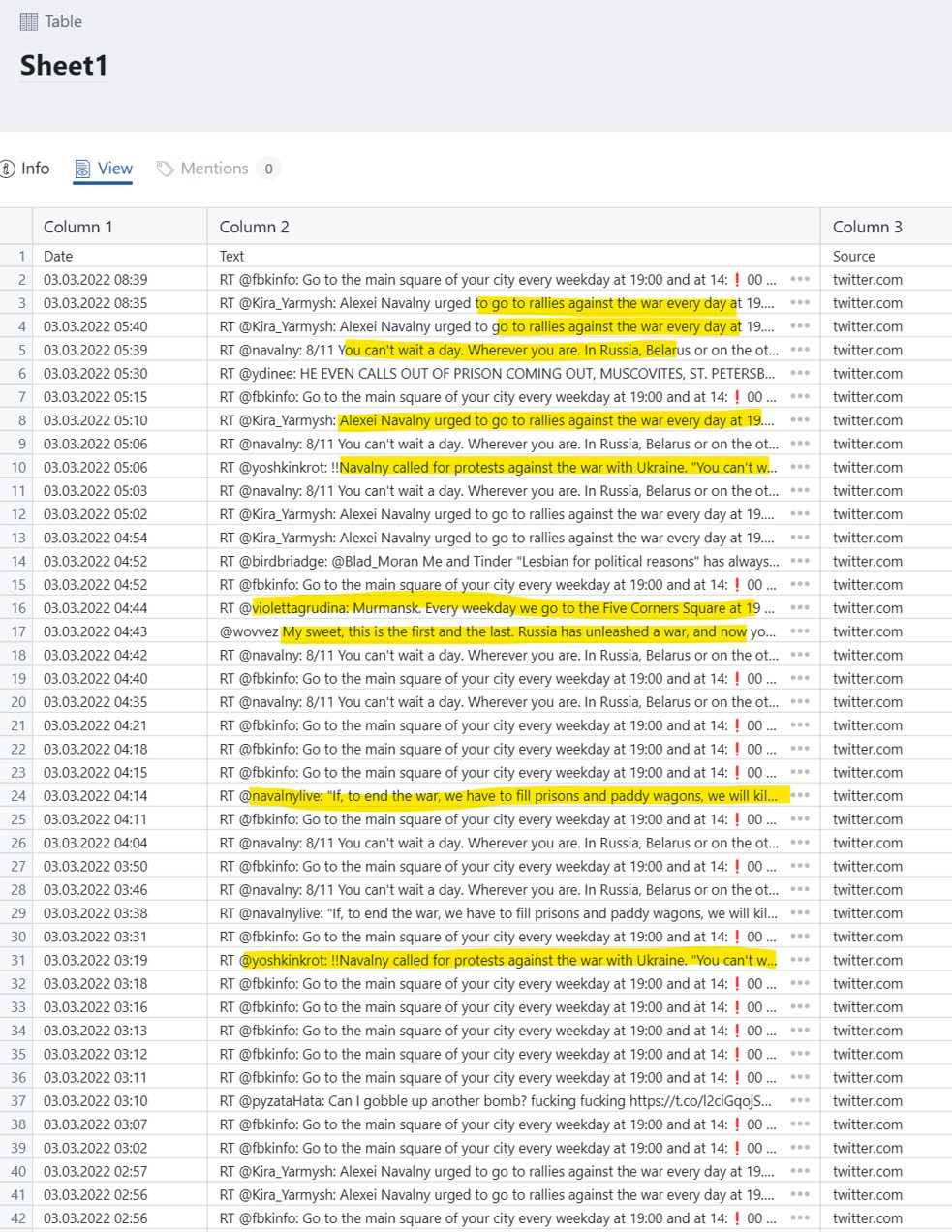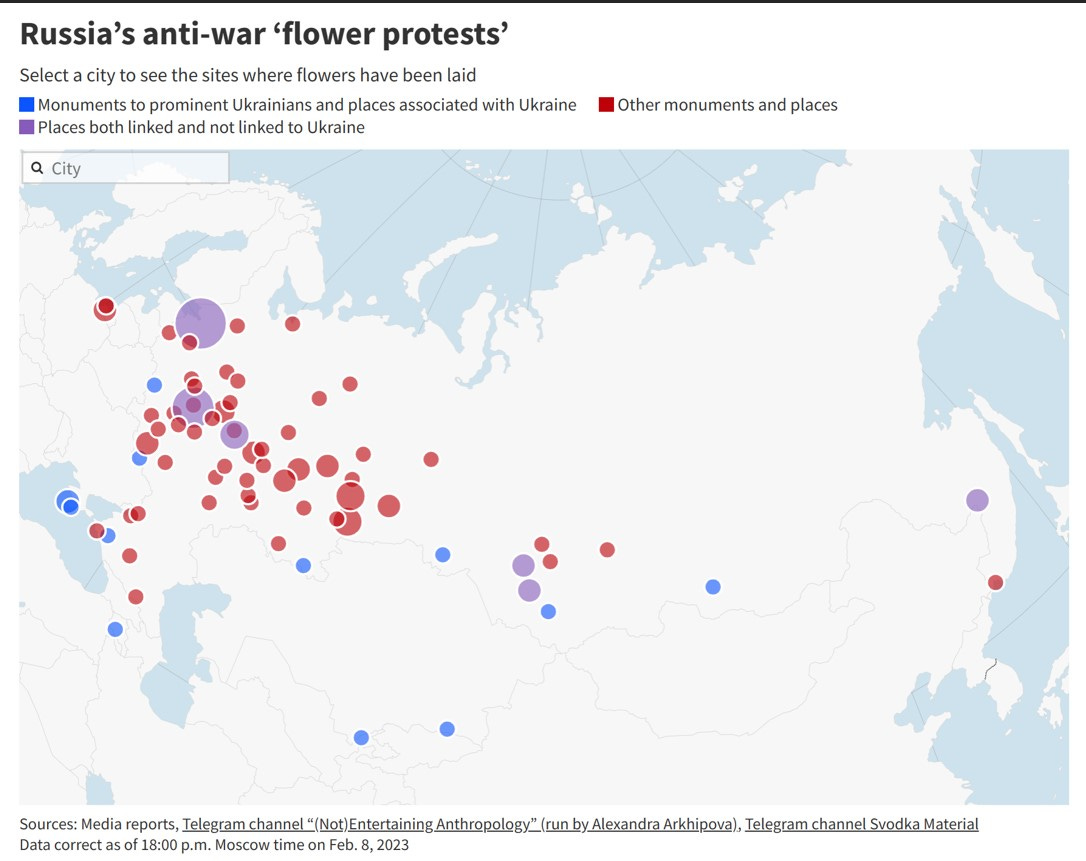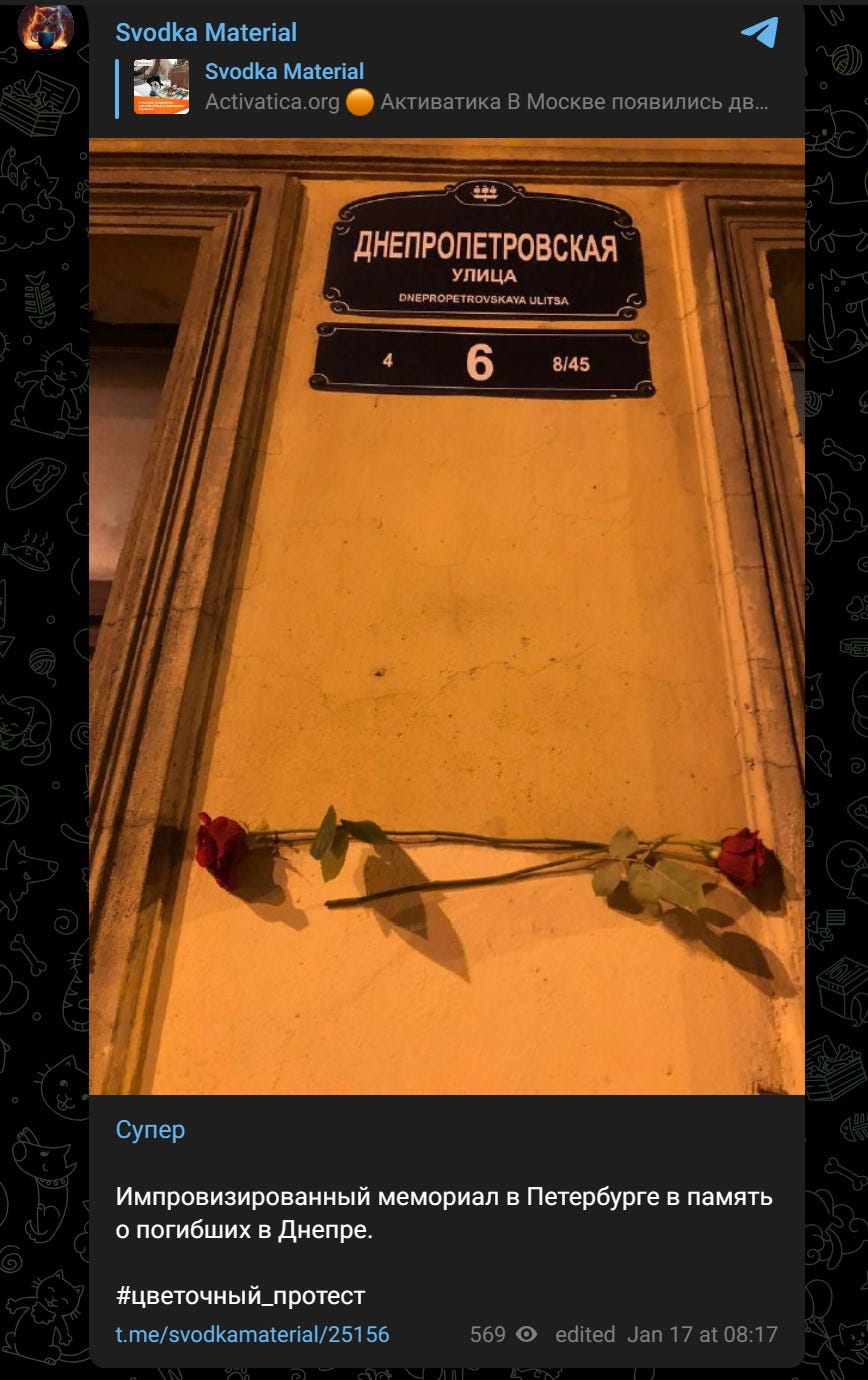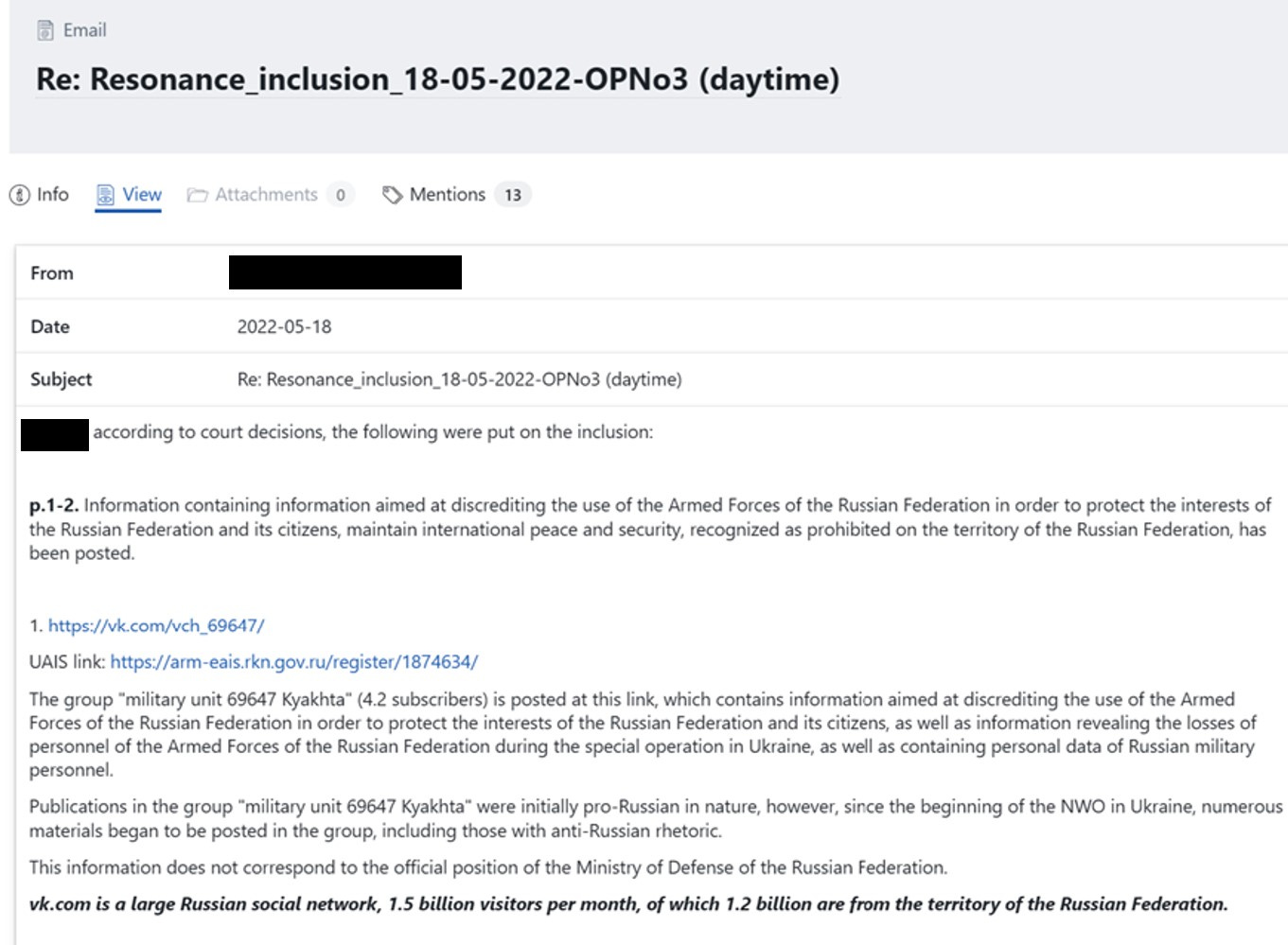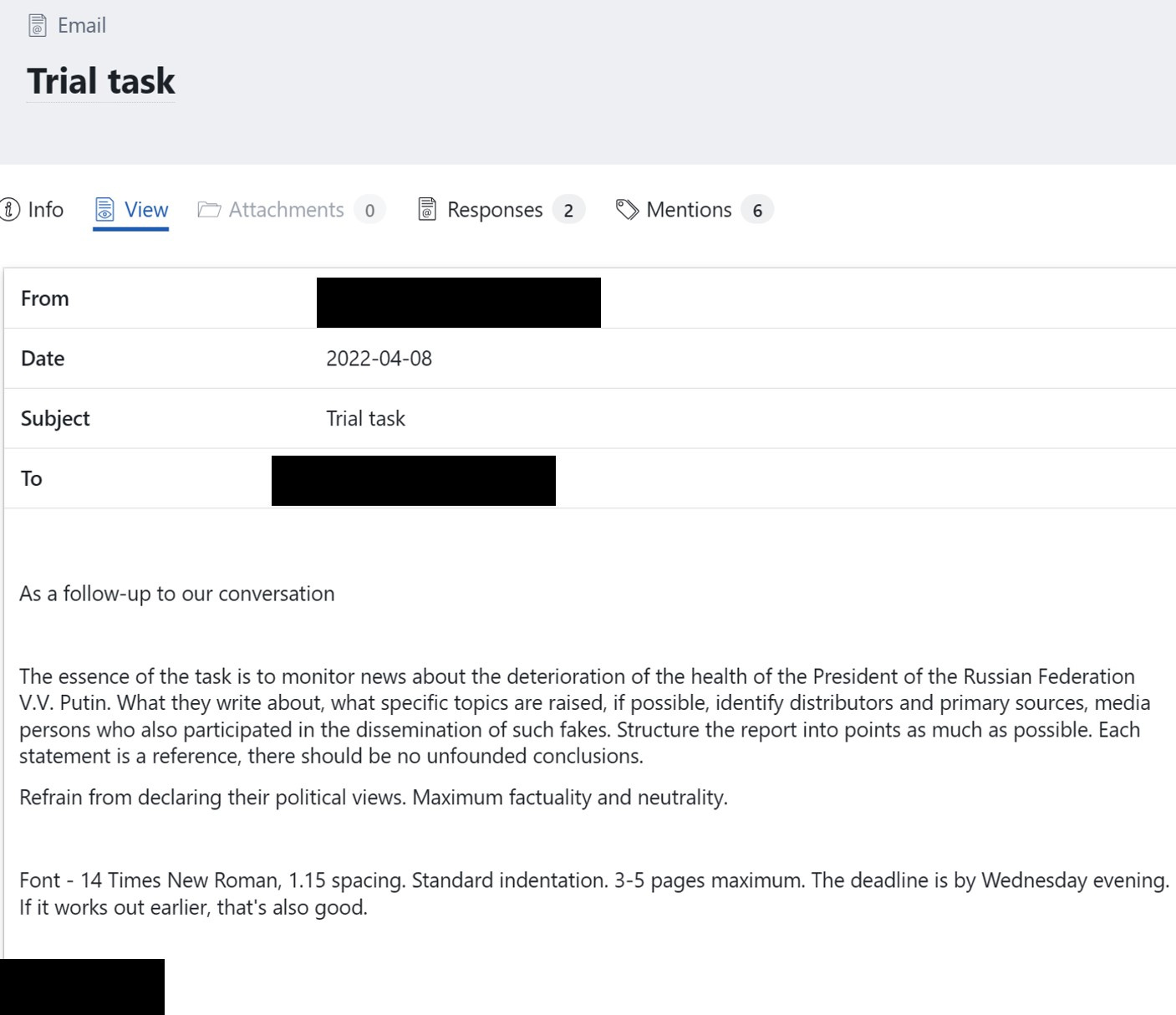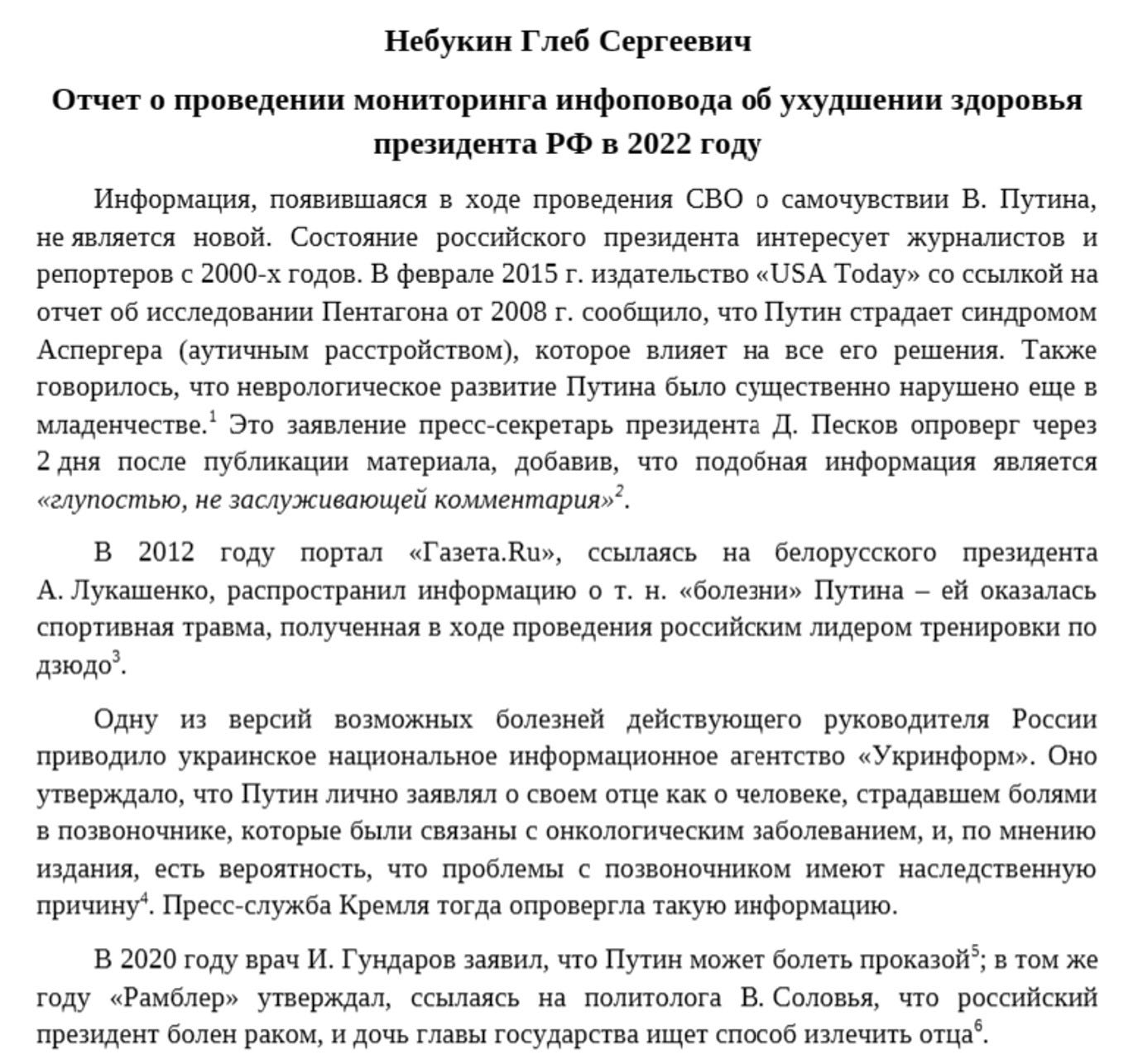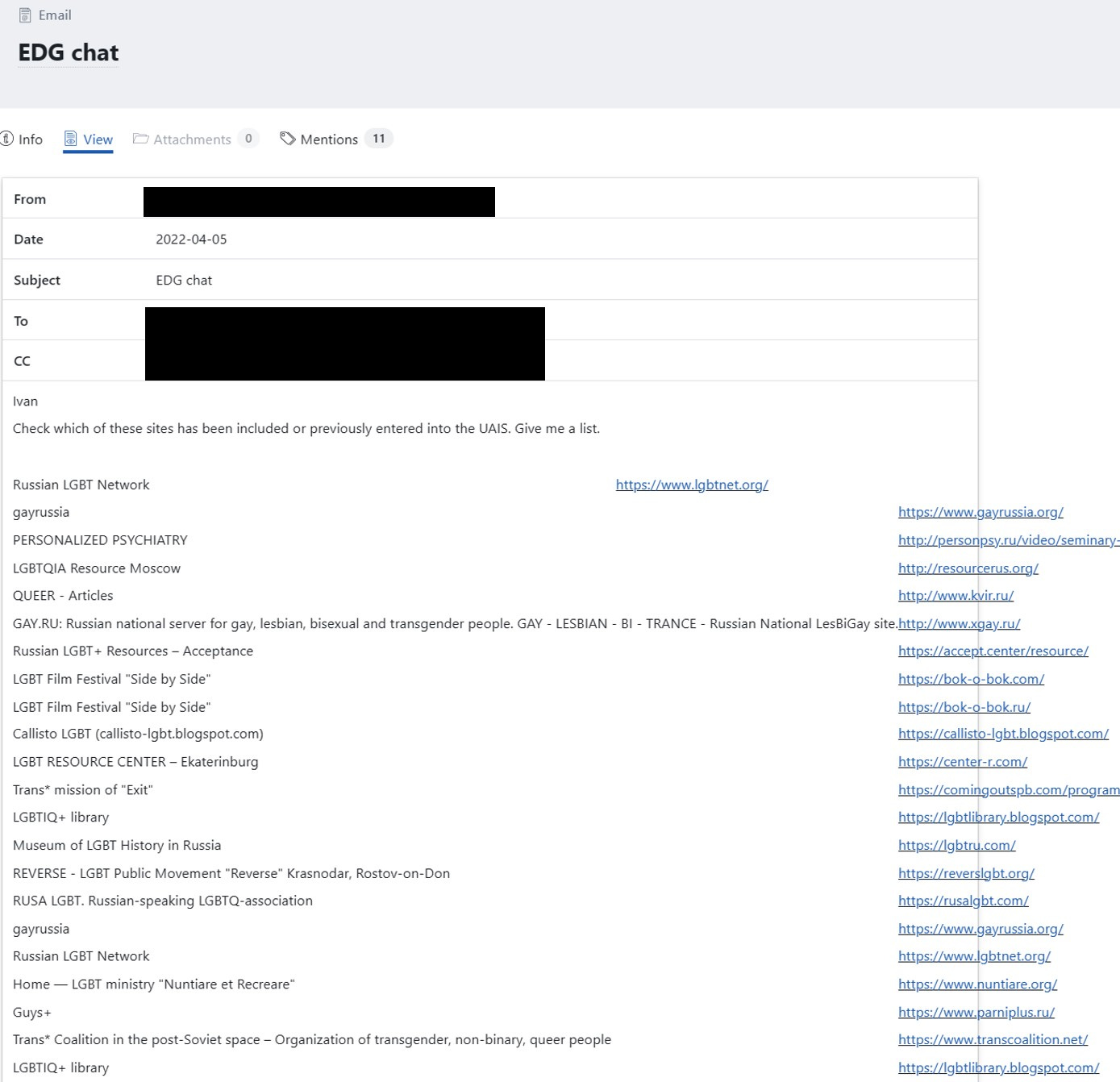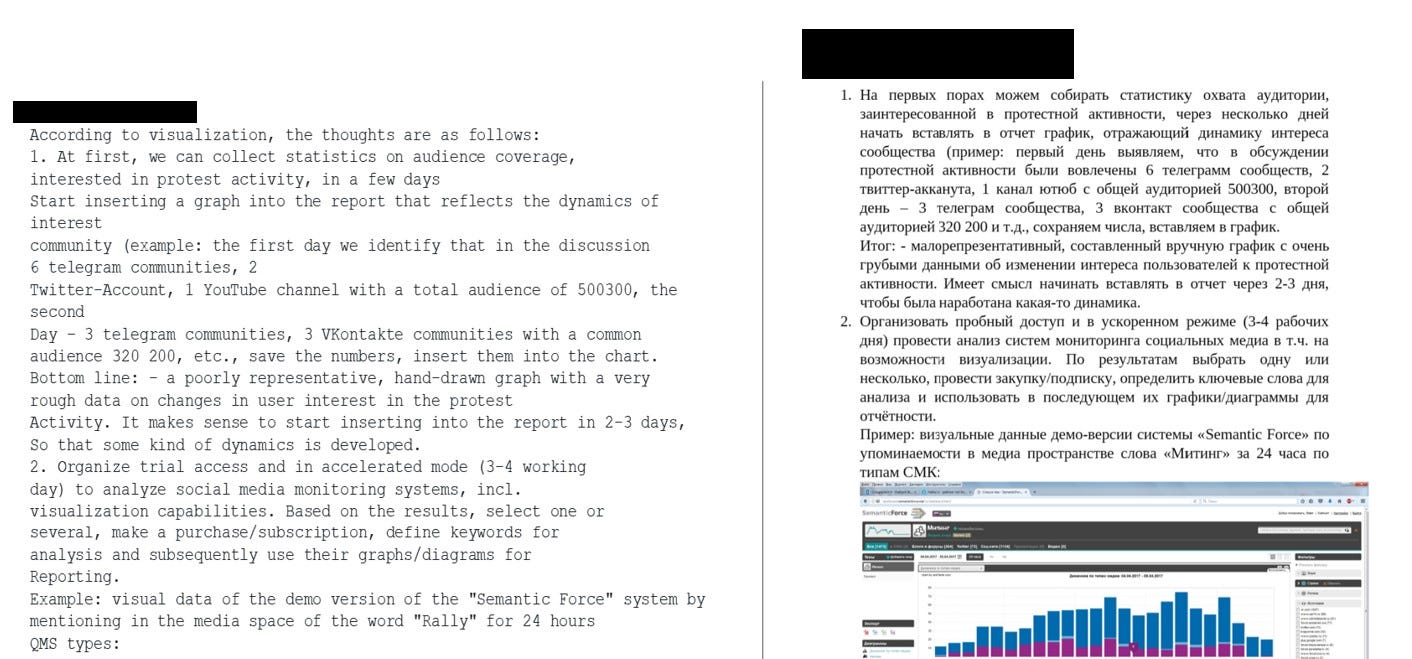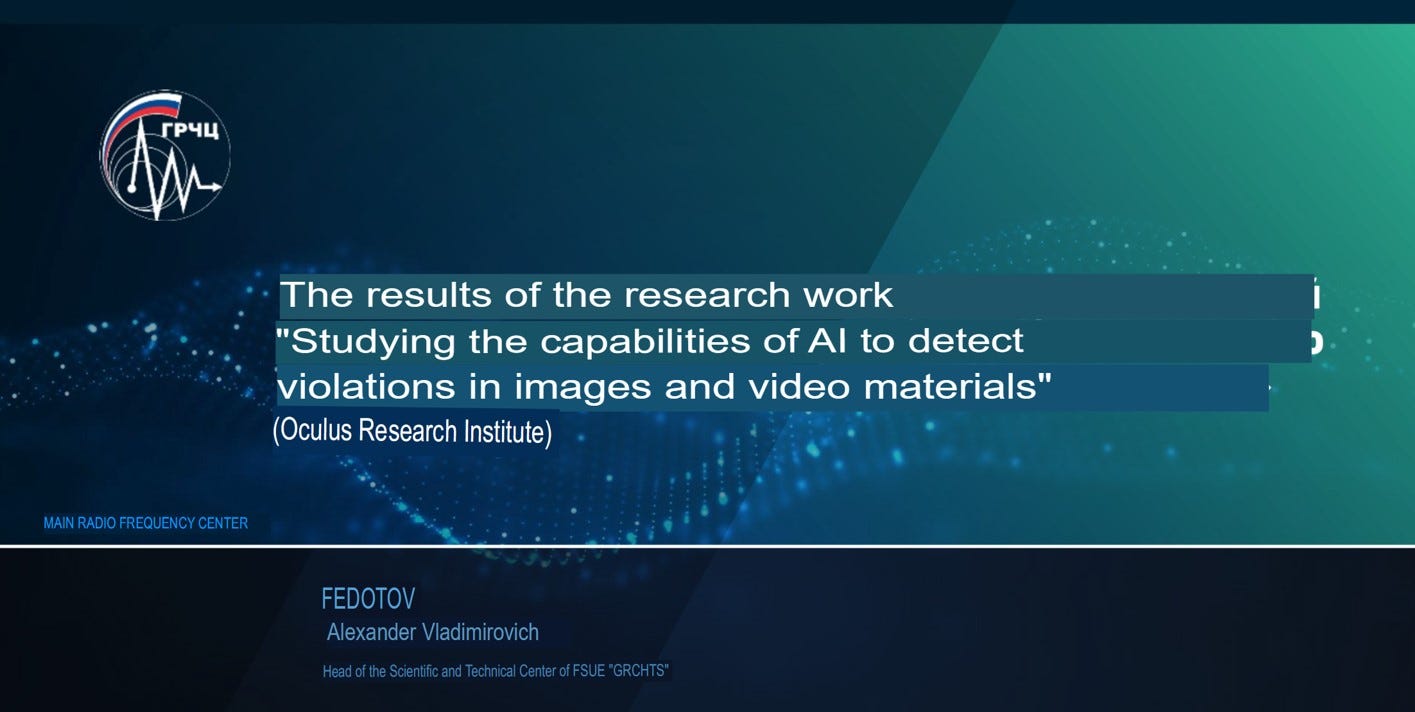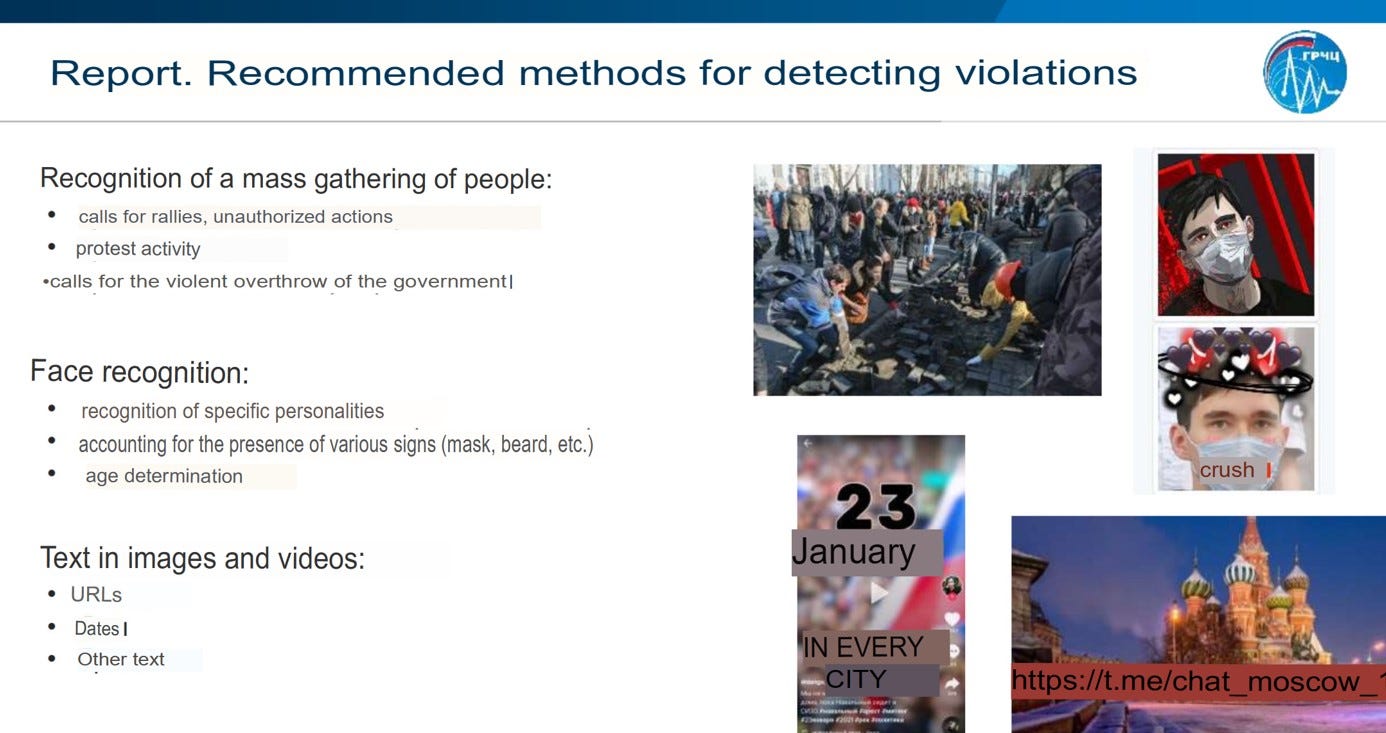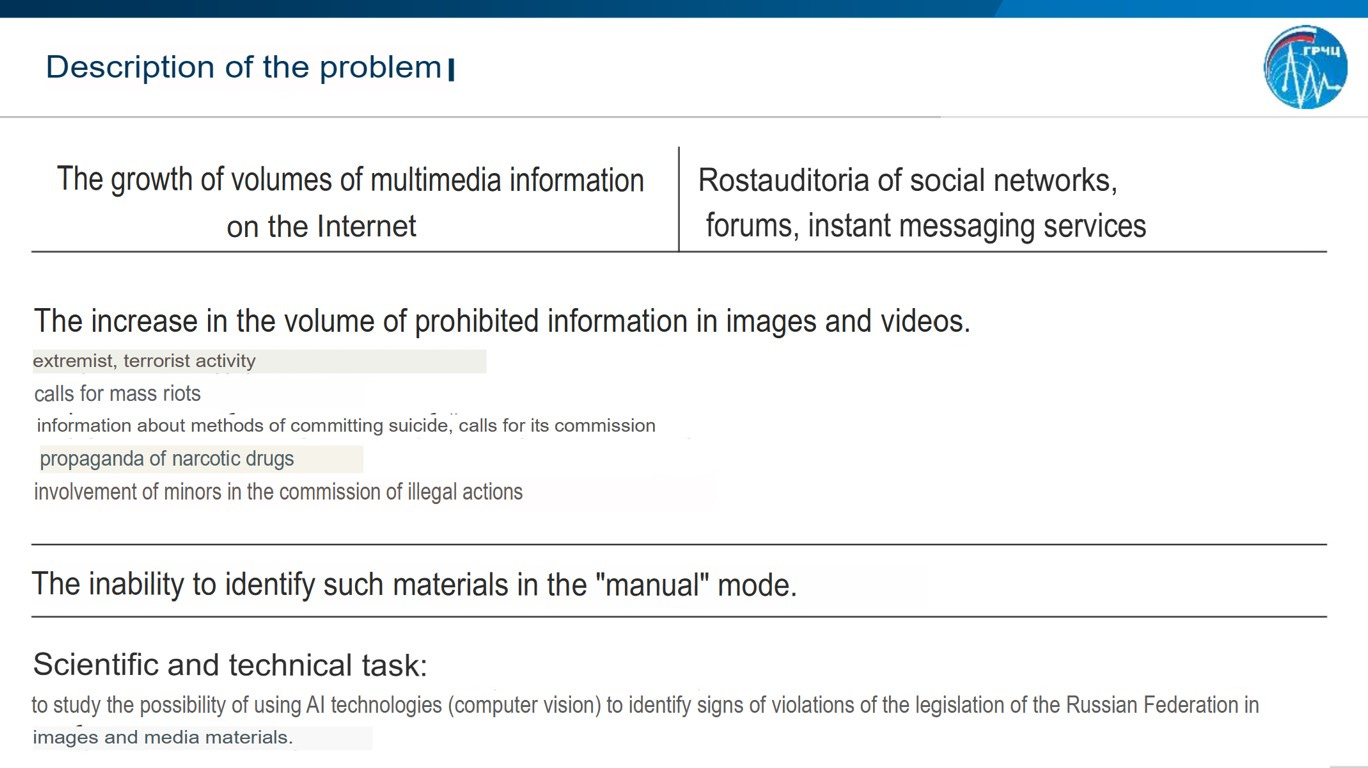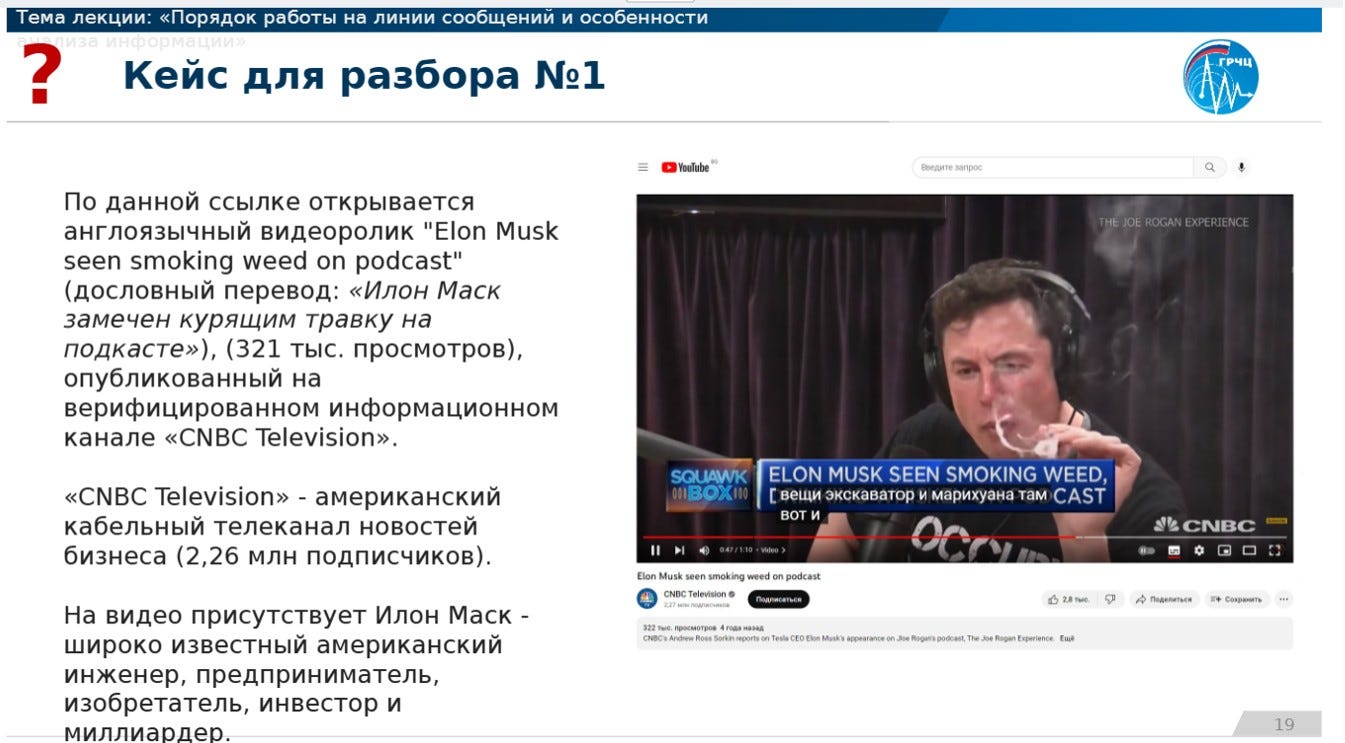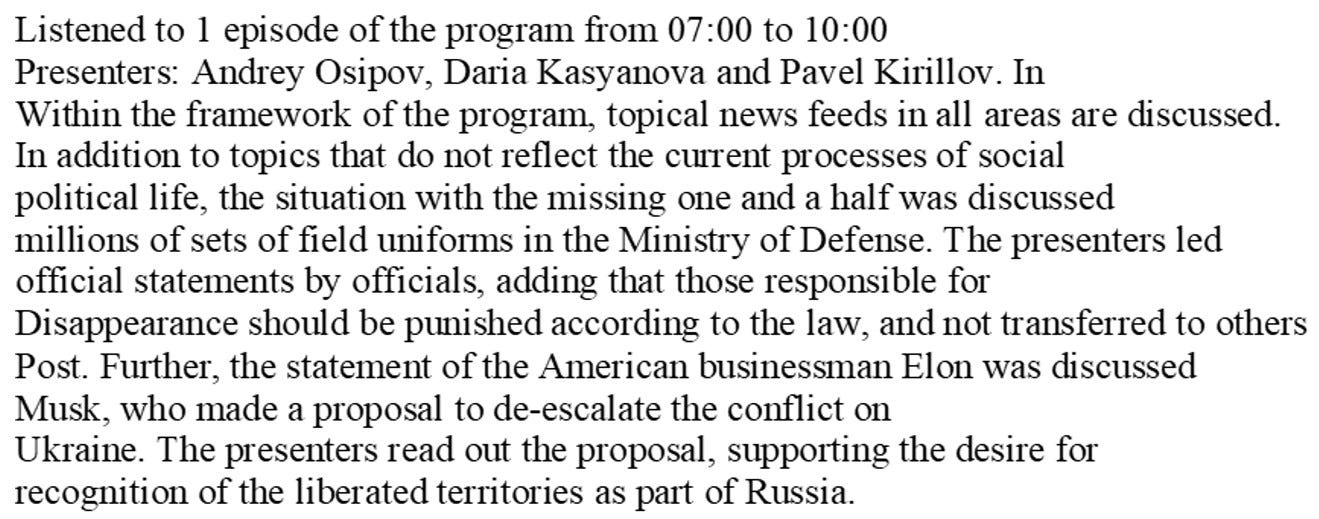This is a companion article to the video “Behind Closed Doors: Investigating #RussianCensorFiles Part 2”
I was finishing research for the video “Uncovering the Mystery of Novorossiya: What Westerners Need to Know About Pro-Russian Separatists” and came across an Important Stories article. The article detailed a large hack of Russian government files. Intrigued by the hack and its implications, I couldn’t help but search for more. I found another article but little on social media or mainstream western media.
I was surprised by the lack of coverage as censorship and freedom of speech are such hot button topics. Spreading this information is an act of solidarity with Ukrainians facing invasion and Russian activists protesting it. The hacked information also provides insight into what other governments (including the United States) might be planning or perhaps have already implemented regarding internet censorship.
I learned that the name of the group responsible for this hack was Belarussian Cyber Partisans, and Yuliana Shemetovets is their public facing contact. While I did not find much about the hack on Twitter, I did find Yuliana’s Twitter account. She explained that Cyber-Partisans were responsible for the hack but access to that information would be obtained by contacting Distributed Denial of Secrets. I also learned that this particular dataset is restricted to journalists and researchers with a history of publishing investigations. I reached out to the group, was vetted, and obtained a special login for access to the dataset.
What I found was around 820 gigabytes of emails, documents, attachments, tables, images workbooks and more. This initial overview along with previously published research composed most of the information for the #RussianCensorFiles Part 1 video.
The #RussianCensorFiles were not just random hacks into Russian government files. This dataset contained hacked documents and correspondence from the internal network of the General Radio Frequency Center (GRFC). This is a subdivision of the Russian federal executive agency responsible for monitoring, controlling, and censoring Russian media called Roskomnadzor. The agency employs around 1000 people who manually search for internet content to be censored. Data is collected and consolidated into reports that are sent to various other government entities such as the Prosecutor General’s Office, the Ministry of Internal Affairs and the Federal Security Service (FSB).
There is a wide range of topics found in the dataset with some overarching themes. GRFC was censoring and sending reports about Russia’s invasion of Ukraine, calls for protest, criticism of Vladimir Putin, actions of “foreign agents”, LGBTQ communities and more. There was also discussion about leveraging artificial intelligence for censorship automation. The rest of this article will describe contents of the dataset relating to those topics with examples to verify authenticity.
Before focusing on specific themes present in the dataset let’s first take a general look at what can be found. The following is an email outlining URL’s to be blocked. This email has been translated to English. Note that one of the reasons for censoring is the way in which Russia’s invasion of Ukraine is described. Mainstream media and individuals alike are subject to censorship and reporting for calling Russia’s actions an invasion, attack, or war. Instead, the acceptable way of describing the invasion is “special military operation.”
There are massive amounts of emails containing lists of URL’s to be blocked by Roskomnadzor. Sometimes these reports are accompanied by Excel workbooks with even more URL’s or lists of comments on social media and associated metadata.
This report discusses how an entity acting as a “foreign agent” has not registered with the government. Being labeled a foreign agent is not simply a rhetorical categorization. In 2012 Russia passed the foreign agent law that forces entities deemed as such to register with the government. Once registered they are subject to government audits and all materials are marked with the label “foreign agent.” The law was implemented in response to protests against Putin’s regime. At first the laws pertained to NGO’s who were supposedly politically motivated such as human rights organizations. As discussed in the first #RussianCensorFiles video this hack shows that it’s now applied loosely to anything or anyone, including individuals, artists, musicians, movies, plays etc. that criticize Putin or the invasion of Ukraine.
The invasion of Ukraine and subsequent protests were among the most censored topics found in the dataset. Censorship also extended to suppression of war crimes committed during the invasion. This highlights the Russian government’s efforts to control information that could tarnish its image or reveal its involvement in illegal activities. Exposing this would put into question the nationalist chauvinism used to garner public support for Russia’s invasion.
There has been a great effort by Roskomnadzor to control the public’s understanding of what is happening in Ukraine. The following report targets an article for blocking due to descriptions of torture and abuse by Russian soldiers in Mariupol. A volunteer who was interviewed stated,
"After one of the interrogations, a guy was dragged into our cell and laid on the floor. He was all blue, his skin smelled of burning, that's how they beat with electric shocks. He was fainting, it was terrible. And all of us who sat in the cell rallied around him. Someone found an anesthetic ampoule, I put a jacket on him, and we were all together. I realized that even in such difficult times, we managed to unite.”
The article goes on to state that those who were taken to occupied Donetsk for self-organized pre-trial detention faced even greater torture. Reports on such events are banned in Russia.
This report lists media sources that supposedly publish content in opposition to the Putin regime, anti-war protests in Russia, Russian war crimes and the Wagner mercenary group. Some of the article titles include “Anti-war activists arrange guerilla protests on Victory day” and “Vladimir Putin has become a pathetic dictator and paranoid.” Another article from 5/12/22 documents activities by the Wagner Group. The article provides unique insight as it contains an interview with former Wagner mercenary Marat Gabidullin. Marat disputed the official Russian claim that Wagner did not have any ties with the state. We have since discovered this this to be true in the aftermath of Prigozhin’s Wagner group rebellion.
Roskomnadzor has increased its surveillance efforts of protests, monitoring online activities and censoring content that discussed or encouraged organized demonstrations. The goal of this effort is to prevent the spread of dissenting voices and hinder coordination among protesters. This translated document was sent to the Deputy Prosecutor General of the Russian Federation. A series of URL’s are listed with the label of “internet information containing calls for participation in mass (public) activities…”
Such government tracking has real life implications beyond censorship. I followed this URL found in the GRFC report below.
It brought me to a Telegram channel entitled “St. Petersburg Spring.” It is run by the Youth Democratic Movement which seeks to “build a free Russia where human rights will be respected.” The latest posts describe ongoing court cases in Russia against members of the organization.
Of course, not all voices are agreeable. Some comments complaining about Russia’s invasion have nothing to do with solidarity but instead resentment. Comments captured in this GRFC report show the familiar antagonism that refugees of war sometimes face when seeking asylum.
It cannot be overstated just how many posts on social media were captured with metadata collected for reporting to FSB. Many of these posts were average citizens simply airing grievances with no planned action. On the other hand, any organized opposition from figures such as Alexei Navalny were tracked even closer.
Important Stories found that the greatest number of demonstrations were registered in St. Petersburg and Moscow with the main triggers being the Russian invasion of Ukraine and political persecution. About half of the protests were small or individual actions. That trend could be due to government surveillance. Flower protests have been a way for individuals to show support for Ukraine and protest Russian aggression in an anonymous and decentralized way.
Not all of the protests that were included in GRFC reports for delivery to FSB involved Russia’s invasion of Ukraine. Environmentalist actions, protests over the creation of landfills by local citizens, taxi driver strikes and an increase to retirement age were all given the same treatment.
Discrediting usage of the Armed Forces of the Russian Federation was yet another theme associated with the invasion of Ukraine. This includes any criticism of the invasion but also reports of war crimes, Russian soldier casualties, movements, identity, and capture.
Preventing criticism of Vladimir Putin was not relegated to politics or war. Employees at GRFC also searched for anything on the internet that suggested Putin might not be in full health or fit to serve as president. Searches for the keyword “cancer” seemed to be a priority. This email instructs a GRFC employee to monitor news about the deterioration of Putin’s health and to develop a report on the findings.
The following document specifies articles that have been published regarding Putin’s health and questions around cancer diagnosis.
“One of the versions of possible diseases of the current leader of Russia quoted by the Ukrainian national news agency Ukrinform. It claimed that Putin personally declared his father as a man who suffered from pain in the spine, which have been associated with cancer, and, according to publications, there is a possibility that problems with the spine are hereditary. The Kremlin press service then denied such information.”
“The president is sick with cancer, and the daughter of the head of state is looking for a way to cure her father.”
A graph found in the same document depicts the number of articles published relating to Putin's alleged illness.
The Russian government has been targeting members of the LGBTQ community for years. Laws have been passed that make it illegal to possess LGBTQ “propaganda” and often equates it with child abuse. This should be of particular interest to activists in the US who are currently fighting back against a roll out of anti-LGBTQ laws. Evidence of this censorship was found in the dataset. Internet content discussing anything related to the LGBTQ community is referred to as “Promotion of non-traditional sexual relations.”
Internet content marked for blocking ranged from porn sites to LGBTQ networks, media, and historical groups. Libraries, museums, and film festivals are marked for censorship in this email.
Another disturbing theme found in the dataset was optimization of censorship. This email discusses how GRFC employees might manually aggregate information and how best to turn it into visual data.
Manual processing of content and report creation has flaws ranging from human error to individual bias. Due to limitations in manual censorship and visual report creation the GRFC has investigated use of artificial intelligence. These slides are from a PowerPoint presentation entitled “The results of the research work ‘Studying the capabilities of AI to detect violations in images and video materials’” from the Oculus Research Institute.
Since these slides are images, I used image-to-text software for translation from Russian to English. The presentation suggests using automated targeting of internet content that depicts mass gatherings, face recognition and text in images or videos.
The problem statement provides insight into what role the Russian government believes it plays in censorship. The scientific task is to study the use of AI technology (computer vision) to identify signs of so-called violations.
The goal is to leverage AI with technology that can strip metadata from images and videos.
Trial operations were launched in 2022 with research papers being delivered in the first two quarters of 2024.
Even Elon Musk was found in the dataset which is ironic since DDoS is currently banned from Twitter. Perhaps Musk will reconsider this ban given his interest in free speech and promotion of Matt Taibbi’s Twitter Files. However, given Musk’s penchant for banning accounts that don’t align with his personal politics that might be a pipe dream.
The content involving Musk was relatively inconsequential. However, there was one interesting report. Musk has proposed de-escalation plans for Ukraine that have not only drawn criticism from activists but also the president of Ukraine. Many activists and Ukrainians have tried to explain how “peace” resulting in territorial concessions is inherently pro-Russian and forcibly prevents Ukrainians from self-defense. Forcing this unpopular outcome upon the citizens of Ukraine is inherently imperialistic and neocolonial.
The criticism was evidenced in the following GRFC report. The report states “The presenters read out the proposal, supporting the recognition of the liberated territories as part of Russia.”
While Western intellectuals possess valuable knowledge and insights, it is crucial to recognize the limitations of their understanding of global realities. Self-interest, cultural biases, limited perspectives, and imposition of personal ideology can lead to problems. These problems include but are not limited to unintended consequences, dismissal of regional sovereignty in decision-making, unintentional reinforcing of global power imbalances, and weaponization of their faulty reasoning against the people they claim to help.
The #RussianCensorFiles are significant because they highlight the repression of antiwar voices, opposition figures, persecution of the LGBTQ community, and plans for AI-driven automated internet censorship. Activists and concerned individuals in the West should be invested in learning more about this information in solidarity with Ukrainians fighting against neocolonial chauvinism/genocide, antiwar activists in Russia, and with an understanding that other governments could very well be conducting similar research.
For an in-depth exploration of the topic:
Video: Behind Closed Doors: Investigating #RussianCensorFiles Part 2 - YouTube
Audio Podcast of video: The Right Podcast / Behind Closed Doors: Investigating #RussianCensorFiles Part 2
- Rob
Topics of interest from article/video:
Belarusian Cyber-Partisans: https://t.me/cpartisans
Distributed Denial of Secrets: https://ddosecrets.com/wiki/
Crimean Tatar deportation: https://www.baltictimes.com/lithuanian_parliament_recognizes_soviet_crimes_against_crimean_tatars_as_genocide/
Russian Ex-Mercenary Says Kremlin Should Stay Off Foreign Soil By Stuart Williams for AFP and Marine Pennetier for AFP. https://www.themoscowtimes.com/2022/05/12/russian-ex-mercenary-says-kremlin-should-stay-off-foreign-soil-a77653
Torture in pre-trial detention center and dozens of saved lives: a volunteer spoke about the life of occupied Mariupol – Mariupol news. https://donbass.center/pytki-v-sizo-i-desiatki-spasennyh-jiznei-volonter-rasskazal-o-jizni-okkypirovannogo-mariypolia-novosti-mariypolia/
Social media and state repression: The case of VKontakte and the anti-garbage protests in Shies, in Far Northern Russia. https://firstmonday.org/ojs/index.php/fm/article/view/11711/10135
Putin Signs Expanded ‘Foreign Agents’ Law. https://www.themoscowtimes.com/2022/07/14/putin-signs-expanded-foreign-agents-law-a78298
Rashism or why russians are the new Nazi - Vladlen Marayev, Julia Bilyk.https://voxukraine.org/en/rashism-or-why-russians-are-the-new-nazi St. Petersburg Spring Telegram: https://t.me/spb_vesna/3622

